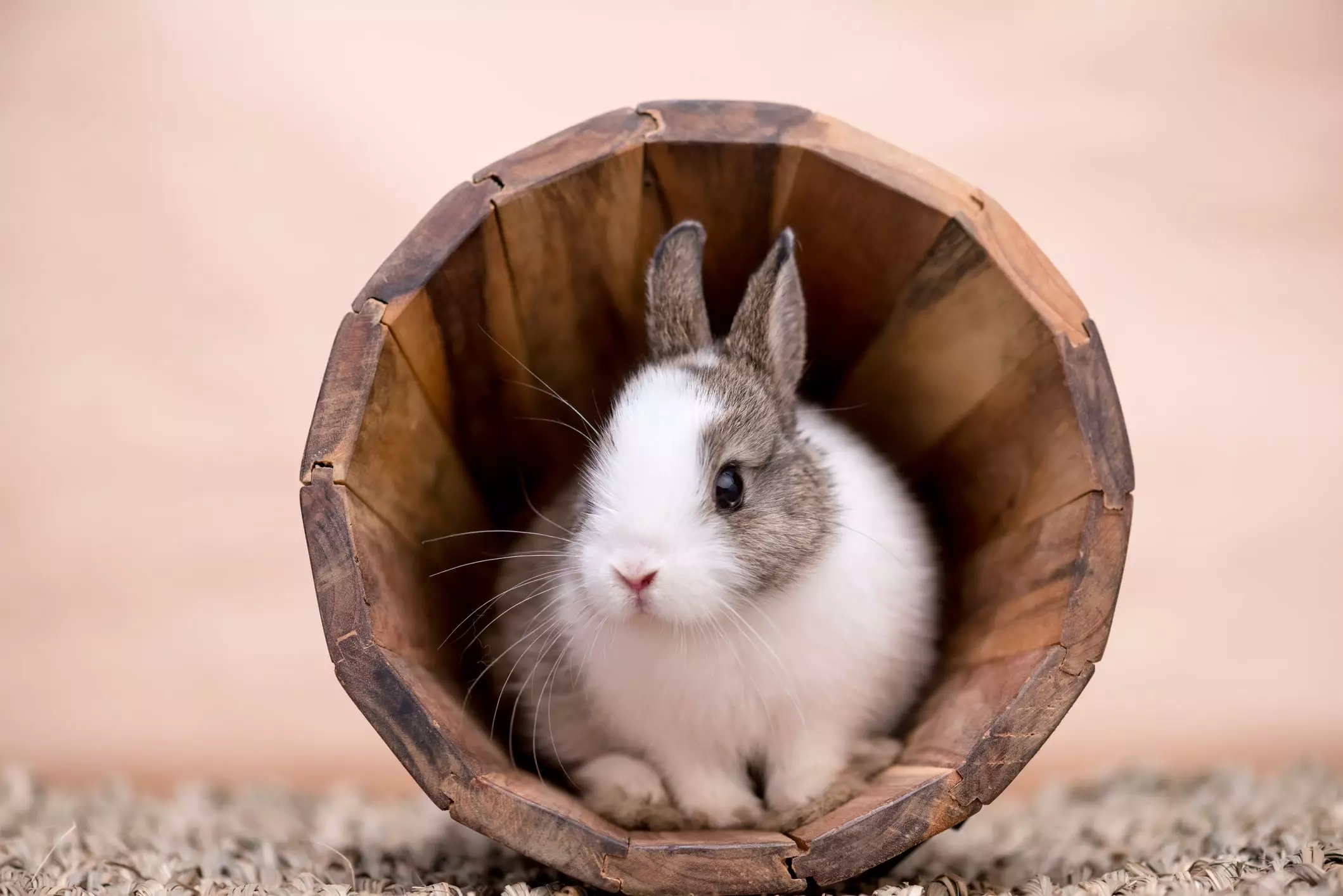Before bringing a pet rabbit into your home, it’s vital to understand that these creatures can live for 8 to 12 years, and some may even exceed that range with proper care. This longevity means that adopting a rabbit is not a decision to be taken lightly. You must be psychologically and emotionally prepared for a long-term commitment akin to that of dog or cat ownership. Establishing a bond with a rabbit can be incredibly rewarding, but it also requires a dedication to their well-being throughout their life.
Rabbits are social animals with unique personalities. They thrive in environments where they can form bonds with their human caretakers. However, it’s crucial to recognize that they have individual quirks. Each rabbit may exhibit different behavioral patterns, and understanding these can significantly enhance your relationship with your pet. Take the time to observe potential rabbits for adoption; this can reveal a lot about their temperament. Look for rabbits that seem playful and inquisitive, as these traits often indicate a healthier and more adaptable pet.
When selecting a rabbit, it is essential to check for any noticeable health issues. Inspect the ears, fur, and eyes for signs of illness, such as mites, fur loss, or discharge. While occasional odd quirks may be normal, be cautious of rabbits showing signs of chronic health conditions. Consulting with a veterinarian who specializes in rabbits can provide peace of mind and ensure you’re bringing home a pet that is in good health.
Additionally, local shelters and rabbit rescues are excellent resources for finding a rabbit in need of a home. By adopting, you can provide a second chance to an animal that may have faced challenges in its previous life.
Deciding how to house your rabbit is one of the most critical elements of rabbit ownership. A spacious hutch or cage allows your rabbit to move around comfortably and promotes a sense of security. Ensure that the space is easy to clean, as hygiene is essential for your pet’s health. While a well-sized cage is important, it should not be a substitute for regular exercise. Rabbits need ample free-range time in a rabbit-proofed area of your home where they can explore safely.
Bedding is another consideration; choose options that are safe and comfortable for your rabbit while also being easy to clean. It may become a regular part of your routine, so efficiency and cost will factor into your choices over time.
A proper diet is fundamental to a rabbit’s well-being. While commercially available rabbit pellets are a staple, they should not be the sole component of a rabbit’s diet. Fresh grass hay, a primary source of fiber, is essential for digestive health, alongside varying fresh greens and vegetables. Learning to provide a balanced diet will not only keep your rabbit healthy but also maintain its vitality and playfulness.
Consider consulting a veterinarian to tailor a nutritional plan specific to your rabbit’s health needs. This proactive approach can prevent many health issues down the line.
Rabbits are naturally curious and playful animals. Introducing a variety of toys into their environment can provide mental stimulation and reduce undesirable behaviors stemming from boredom. Toys can range from bunny-specific chew toys to simple cardboard boxes filled with hay. Not only do these serve as distractions, but they also foster bonding experiences between you and your rabbit.
Training, although often a challenging endeavor, is worthwhile. Focus on positive reinforcement techniques while teaching your rabbit to use a litter box or redirecting undesirable behaviors such as chewing inappropriate items.
Grooming plays a critical role in maintaining a rabbit’s health. Regular brushing can help minimize shedding and prevent fur matting. Bathing rabbits is generally discouraged, as they are adept at grooming themselves. However, monitoring their nails is essential; routine trims are necessary to prevent overgrowth and subsequent health issues. Establishing a grooming routine can ensure your rabbit stays happy and healthy.
Owning a rabbit requires a well-rounded approach considering their long lifespan, unique personality traits, nutritional needs, and maintenance requirements. With the right preparation, you can enjoy a loving relationship with your furry friend for many years. Understanding these foundational aspects of rabbit care can pave the way for a fulfilling bond filled with joy and companionship.

